
Jorge Leal Amado de Faria was a Brazilian writer of the modernist school. He remains the best known of modern Brazilian writers, with his work having been translated into some 49 languages and popularized in film, notably Dona Flor and Her Two Husbands in 1976. His work reflects the image of a Mestiço Brazil and is marked by religious syncretism. He depicted a cheerful and optimistic country that was beset, at the same time, with deep social and economic differences.
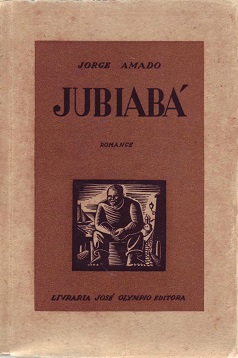
Jubiabá is a Brazilian modernist novel written by Jorge Amado in 1935. It earned Amado an international reputation, being hailed by Albert Camus as “a magnificent and haunting” book.

Sea of Death is a Brazilian Modernist novel written by Jorge Amado. Amado wrote the novel in response to his first arrest for "being a communist". The novel follows the lives of poor sailors around Bahia, and their relationship with the Afro-Brazilian religion Candomblé, especially the sea goddess Iemanjá. The novel's style and themes include many traits that characterize Amado's later work.

Captains of the Sands is a Brazilian novel written by Jorge Amado in 1937.
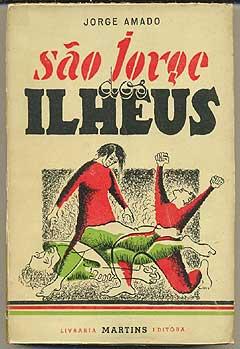
The Golden Harvest is a Brazilian Modernist novel. It was written by Jorge Amado from 1942–44, published in Portuguese in 1944 and in English in 1992.
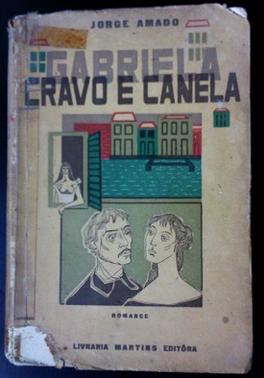
Gabriela, Clove and Cinnamon is a Brazilian modernist novel. It was written by Jorge Amado in 1958 and published in English in 1962. It is widely considered one of his finest works. A film adaptation of the same name was created in 1983.

Dona Flor and Her Two Husbands is a fantasy novel by Brazilian writer Jorge Amado, published in 1966; it was translated into English by Harriet de Onís in 1969. The novel was adapted for the first time into the 1976 film Dona Flor and Her Two Husbands.

Tieta is a novel written by the Brazilian author Jorge Amado, published on August 17, 1977. Set in the 1970s, it narrates the return of Tieta to the remote village of Santana do Agreste, 26 years after being beaten and expelled by her father in front of all the town's people.

Pen, Sword, Camisole is a Brazilian Modernist novel. It was written by Jorge Amado in 1979. It was published in English in 1985, with a translation by Helen R. Lane.

The War of the Saints is a Brazilian Modernist novel by Jorge Amado first published in 1988. An English translation by Gregory Rabassa appeared in 1993.

Ilhéus is a major city located in the southern coastal region of Bahia, Brazil, 211 km south of Salvador, the state's capital. The city was founded in 1534 as Vila de São Jorge dos Ilhéus and is known as one of the most important tourism centers of the northeast of Brazil.
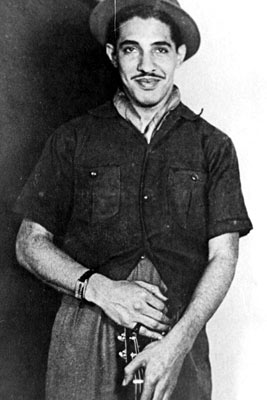
Dorival Caymmi was a Brazilian singer, songwriter, actor, and painter active for more than 70 years, beginning in 1933. He contributed to the birth of Brazil's bossa nova movement, and several of his samba pieces, such as "Samba da Minha Terra", "Doralice" and "Saudade da Bahia", have become staples of música popular brasileira. Equally notable are his ballads celebrating the fishermen and women of Bahia, including "Promessa de Pescador", "O Que É Que a Baiana Tem?", and "Milagre". Caymmi composed about 100 songs in his lifetime, and many of his works are now considered to be Brazilian classics. Both Brazilian and non-Brazilian musicians have covered his songs.
Zélia Gattai Amado de Faria was a Brazilian photographer, memoirist, novelist and author of children's literature, as well as a member of the Brazilian Academy of Letters. Gattai wrote 14 different literary works, including children's books and her own personal memoirs have been widely published.
Daphne Patai is an American scholar and author. She is professor emeritus of the Department of Languages, Literatures, and Cultures at the University of Massachusetts Amherst. Her PhD is in Brazilian literature, but her early work also focused on utopian and dystopian fiction. She is the daughter of the anthropologist Raphael Patai.

Dona Flor and Her Two Husbands is a 1976 Brazilian comedy film directed by Bruno Barreto. Based on the 1966 novel of the same name by Jorge Amado, it takes place in 1940s Bahia and has Sônia Braga, José Wilker and Mauro Mendonça in the leading roles. The screenplay was adapted by Barreto, Eduardo Coutinho and Leopoldo Serran.
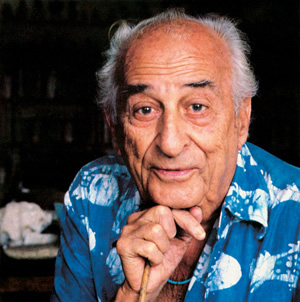
Héctor Julio Páride Bernabó was an Argentine-Brazilian artist, researcher, historian and journalist. His nickname Carybé, a type of piranha, comes from his time in the scouts. He died of heart failure after the meeting of the candomblé community's secular board of directors, the Cruz Santa Opô Afonjá Society, of which he was a member.
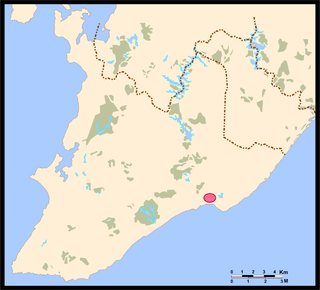
Itapoã or Itapuã is a neighborhood located in the western zone of Salvador, Bahia.

Gabriela is a 1983 Brazilian romance film directed by Bruno Barreto. It was shot in the cities of Paraty, in the state of Rio de Janeiro, and in Garopaba, Santa Catarina. It is based on Brazilian author Jorge Amado's 1958 book Gabriela, Clove and Cinnamon.

Gabriela is a 1975 Brazilian telenovela based on the 1958 novel of the same name by Jorge Amado, starring Sônia Braga in the title role.
Cyria Cristina Rocha Coentro is a Brazilian actress and presenter. She was known for participating in the telenovela Renascer (1993). She has performed in O Rei do Gado (1997) and other projects until being recognized for her performance in Viver a Vida (2009) and for starring in Flor do Caribe (2013) and Sete Vidas 2015). In the cinema she made appearances in the films Gonzaga - de Pai pra Filho (2012) and Time and the Wind (2013).

















